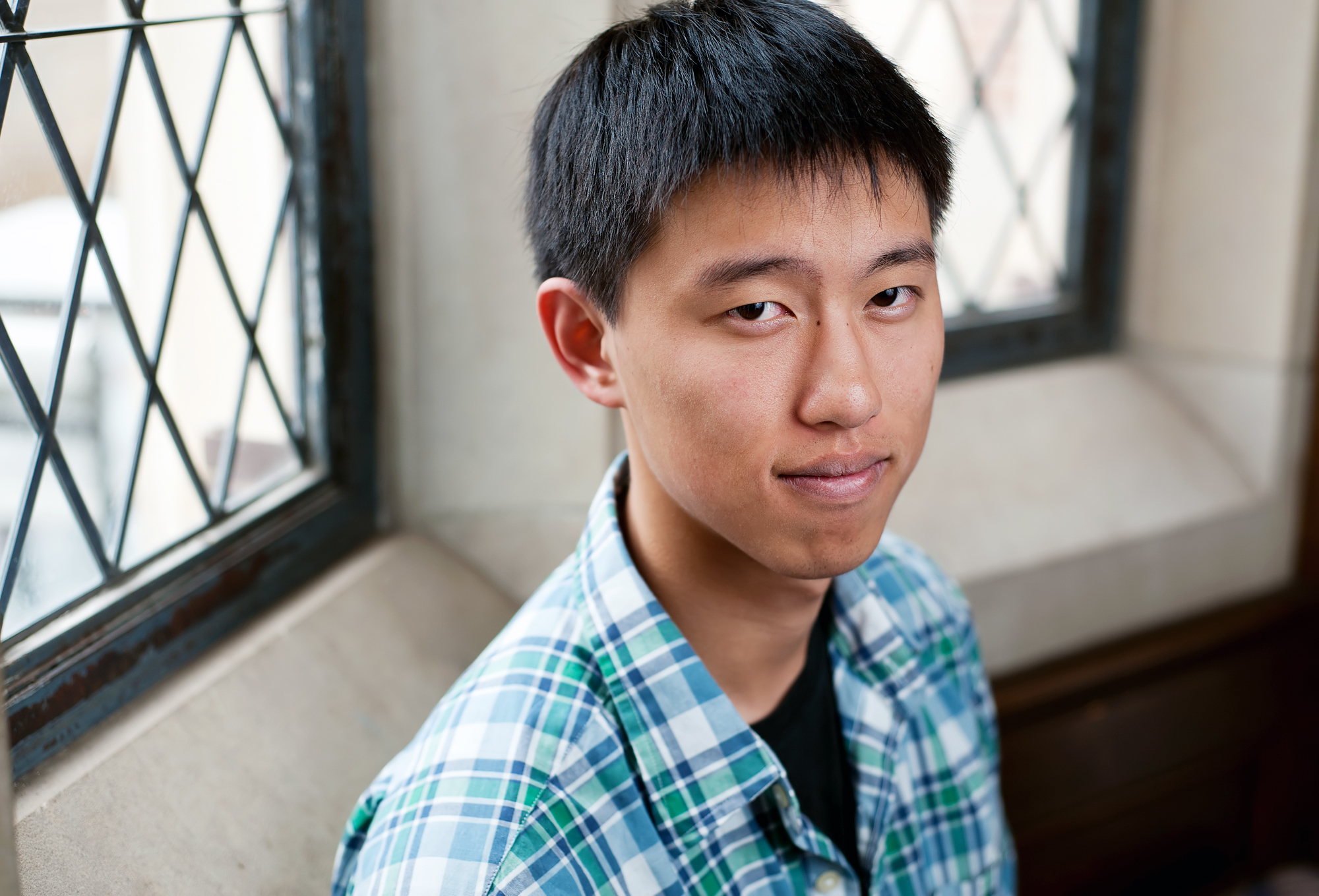Zambian schoolchildren need shoes.
That was the issue UCLA student Andrew Lin and two of his friends set off to remedy when they started their nonprofit organization, Signature Donations.
Now less than a year into their project, Lin and his two co-founders, Alex Friedman and Ricky Panzer of Cornell University, have already made a difference in the lives of 120 orphans in Zambia.
The group raised funds through restaurant and movie nights, the sale of wristbands, and a charity garage sale, which made $500 in one day. In total, Signature Donations raised $2,100 to buy shoes for schoolchildren in the Haven of Hope orphanage in Zambia.
Friedman’s goal was to do something small but meaningful, and shoes ““ being very personal and helpful for students in developing countries ““ gave him that opportunity.
“We live in a country where we’re guaranteed an education all the way to high school, but these kids struggle for even an elementary education,” Friedman said.
The money paid for 120 pairs of dress shoes, an essential part of the children’s school uniforms without which they cannot attend classes. The group made every pair of shoes specific to each child.
Their Zambian liaison, John Banda, who reached out to them while they were exploring nonprofit causes in Africa, managed the connections to the schools, administrators and manufacturers in the project.
Banda arranged for the makers of the shoes to visit the school and measure the feet of each child to ensure every student got a custom-fitted shoe, Lin said.
The group worked with and received donations from individual donors as well as organizations such as the Rotary Club.
“We try to reach out to other volunteer groups in order to build up our organization,” said Lin, a second-year business economics and biochemistry student.
After the delivery of their new shoes, the Zambian schoolchildren made the group a video to thank them for the donation.
“At times it was difficult, and we were a little uncertain about what we were doing, but when we got that video it made it all worth it,” Lin said.
With one project completed, the organization is now looking to keep its success going with follow-up projects centered around education.
“At the root, it’s all about education,” Lin said. “Everything we bounce around is education: books, classes, teachers. We look for ways we can help and whatever the people need we try to send.”
The organization’s next project is an ambitious one. They plan to build a self-sustaining school in Zambia, which would be independent of the group’s donations by relying on a chicken coop to provide funds for them.
The Cornell chapter of the group has already started researching the costs and procedures they must complete to achieve that goal.
However, with an early estimate of $50,000, an entire school might be out of the group’s budget, Lin said. The next best step would be to raise money to build classrooms at already existing schools ““ a good alternative because the area has a surplus of teachers and a lack of classrooms, Lin said.
“Schools out there can even start as one classroom and over time grow to incorporate more classrooms and become a full school,” Friedman said.
Yet one development may potentially help the group increase its budget and achieve its goal.
Panzer is currently waiting for approval of the group’s pending 501©(3) nonprofit status from the Internal Revenue Service. Panzer said this qualification would allow donors to the organization to receive tax exemptions and would attract individual donors to donate large sums of money. This would help increase their budget and make bigger projects more feasible, Panzer said.
Regardless of its budget, the group plans to expand and start new chapters at different college campuses and even in high schools. Beginning next quarter, Lin will start up the UCLA chapter, which will soon be followed by a chapter in Berkeley.
“It’s not just about me, Alex and Andrew. We need more people,” Panzer said. “We want to give this opportunity to people who are interested in doing good and helping others, and that makes me feel good because we’re giving the people the chance to do that.”
